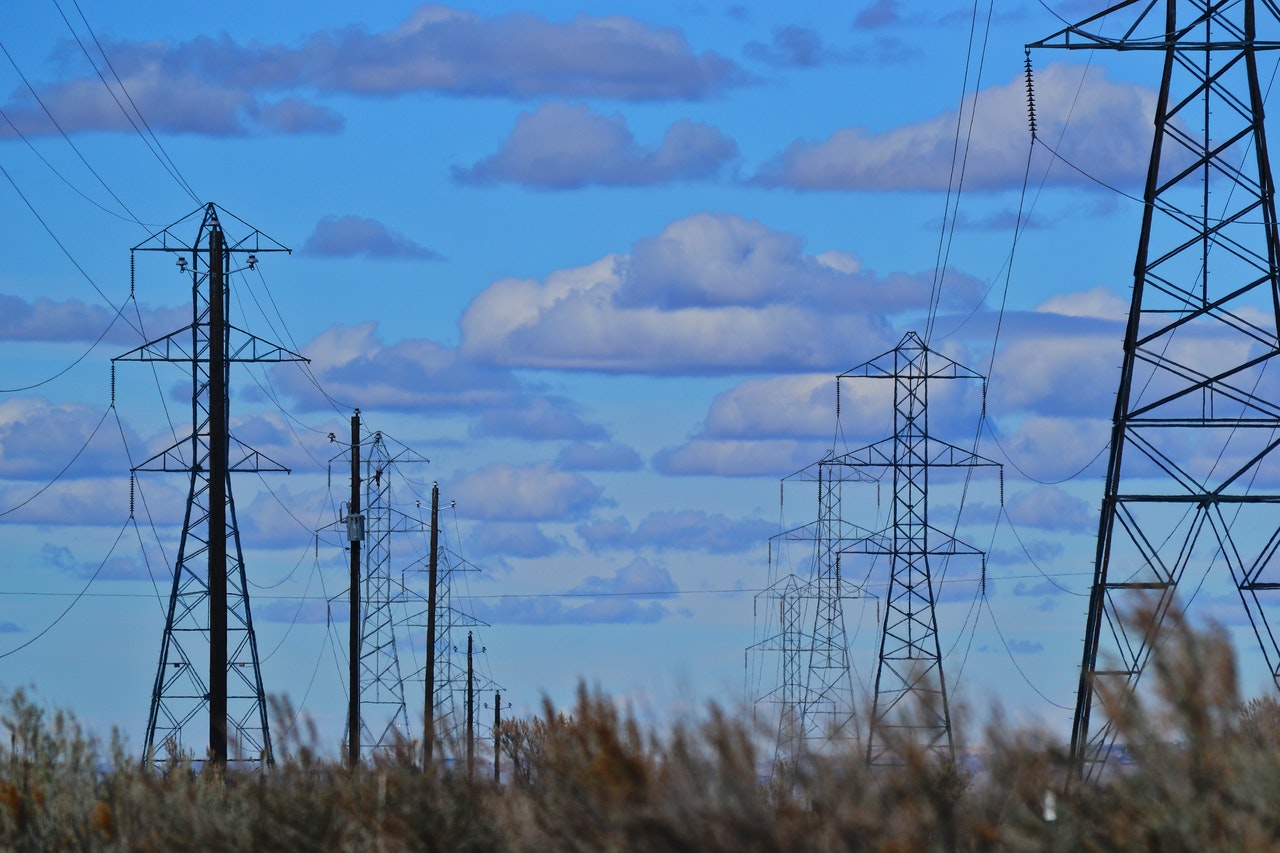Nineteen of the 27 EU member states have announced more ambitious medium-term plans for their transition to renewable energy in response to the war in Ukraine and soaring fossil fuel prices, according to a new report from the Center for Energy and Clean Air Research, an independent research group based in Finland, and Ember, a British think tank on energy issues.
Compared to plans for 2019, EU countries have reduced the total amount of electricity they plan to generate from fossil fuels by 2030 by almost a third, the report says.
Instead of 55% of electricity from renewable sources, as previously planned, EU countries now aim to reach 63% by 2030, the report says. As of January 2022, the EU received 22% of its energy from renewable sources.
“The transition to electricity is not only a matter of climate concerns, but also a matter of ensuring a stable supply of energy for European households and businesses,” the report says.
“This is especially evident for the largest importers of Russian fuel: Germany, Italy and the Netherlands are scaling up wind and solar power, France is subsidizing residential thermal insulation, and other countries are ramping up the installation of heat pumps and the electrification of transport.”
The report says that Portugal, the Netherlands, Austria, and Denmark will get nearly all their electricity from renewable sources by 2030.
Germany, the largest importer of oil and gas from Russia, plans to receive 80% of its electricity from renewable sources by 2030, compared with the previously announced 62%. The report says that Italy, Ireland, and Greece intend to increase the share of renewable sources in electricity generation to 70%.
The EU has committed to cut greenhouse gas emissions by 55% by 2030 compared to 1990 levels and to become carbon neutral by 2050. Carbon neutrality means that emissions are significantly reduced and those that remain are offset, whether through natural methods such as tree planting or emissions “capture” technologies.
The report says that Hungary, Poland, and Slovakia – the three countries with the lowest planned share of renewables – have not updated their plans since 2019 when it comes to the transition to renewable energy.
The report comes just days after Hungary agreed to an exception to the EU’s ban on Russian oil imports. The oil embargo, which is part of a new package of EU sanctions against Russia in connection with its war in Ukraine, includes about 90% of Russian oil imports, but not about 10%, which goes to Hungary, Slovakia and the Czech Republic through the Soviet Druzhba pipeline.

